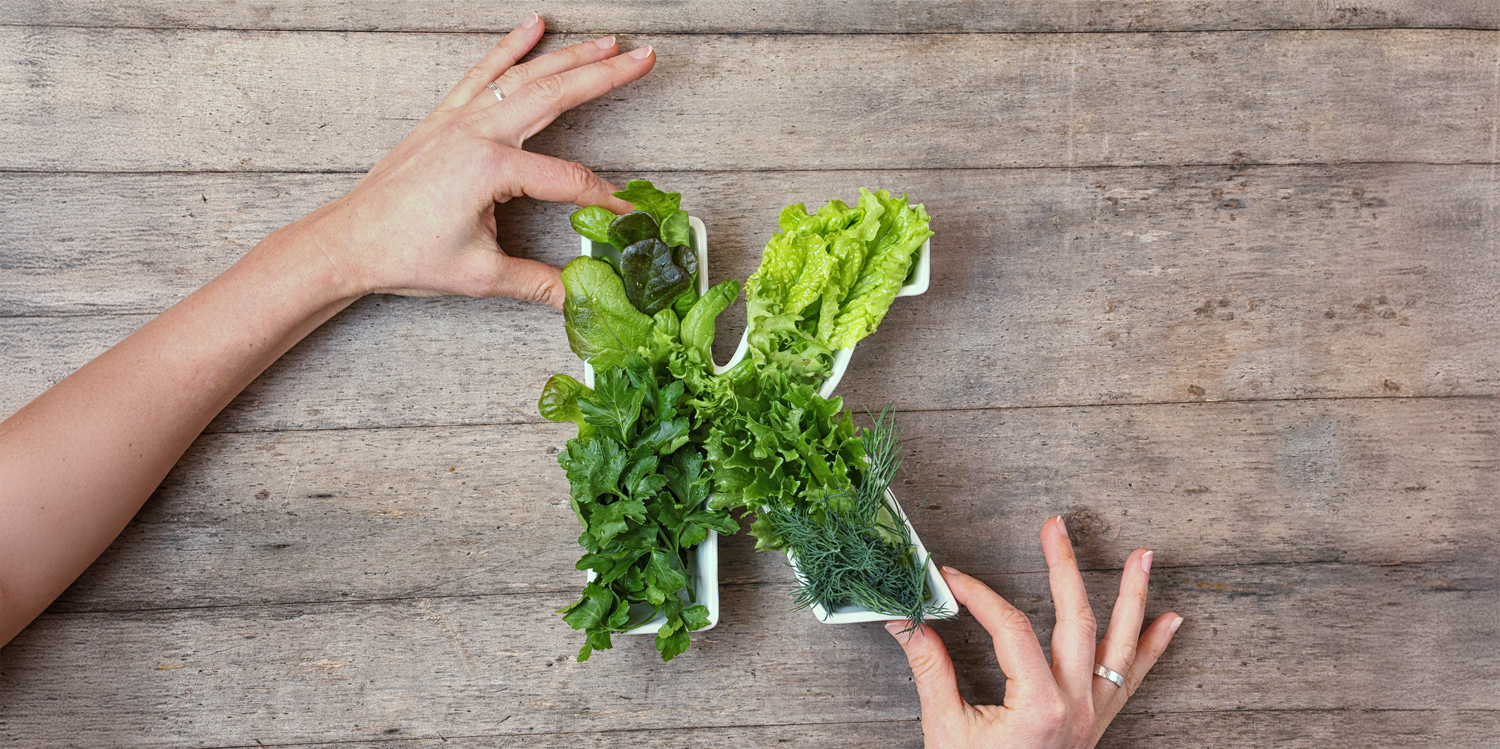 Everyone knows leafy green vegetables are an important part of a healthy diet, but new research out of two Perth universities has revealed an additional health benefit.
Everyone knows leafy green vegetables are an important part of a healthy diet, but new research out of two Perth universities has revealed an additional health benefit.
Researchers from Edith Cowan University (ECU), the University of Western Australia (UWA) and the Danish Cancer Institute have found a cup and a half of leafy green vegetables every day could go a long way to addressing atherosclerotic vascular diseases (ASVDs).
ASVDs are a subgroup of cardiovascular disease, which are the current leading causes of death world-wide, primarily due to heart attacks and strokes.
ECU PhD student Montana Dupuy led the research which found that the higher dietary intake of vitamin K1 could reduce the risk of ASVD.
RELATED: Thinking global about health research
“Leafy green and cruciferous vegetables, like spinach, kale and broccoli, contain vitamin K1, which may assist in preventing vascular calcification processes that characterise cardiovascular disease,” she said.
Ms Dupuy said this was great news as these vegetables could easily be incorporated into daily meals.
In addition to its potential role in vascular calcification inhibition, vitamin K may also be beneficial for musculoskeletal health, through its impact on bone strength.
ECU senior research fellow Dr Marc Sim noted that a cup and a half of such vegetables was an easy way to increase daily vitamin K intake and potentially lower risk for cardiovascular disease”.
“This research found women who consumed approximately 30% higher intakes of vitamin K1 than currently recommended in the Australian Dietary Guidelines had lower long-term risk of ASVD,” he said.
“Of importance, when we examined the blood vessels in the neck, those with a higher vitamin K1 intake also had less thickening of these blood vessels, a marker of atherosclerosis.”
The work led by Ms Dupuy and Dr Sim on the impact of vitamin K to vascular health, as well as musculoskeletal health, will now help to inform future research at ECU’s Future Foods and Digital Gastronomy Lab and to deliver specialised meals as part of clinical trials to improve population health.
RELATED: Brain food: the link between Alzheimer’s, depression and diet
ECU Post Doctoral Research Fellow Dr Liezhou Zhong said the research would prompt the creation of new food products which include more leafy greens that are rich in vitamin K1.
“These novel foods can be used in communities with special nutritional and dietary requirements, such as aged care residents,” he said.
“We are consolidating all our epidemiological data and converting that into a tangible product that would benefit the community.”
Want more news, clinicals, features and guest columns delivered straight to you? Subscribe for free to WA’s only independent magazine for medical practitioners.
Want to submit an article? Email [email protected]

